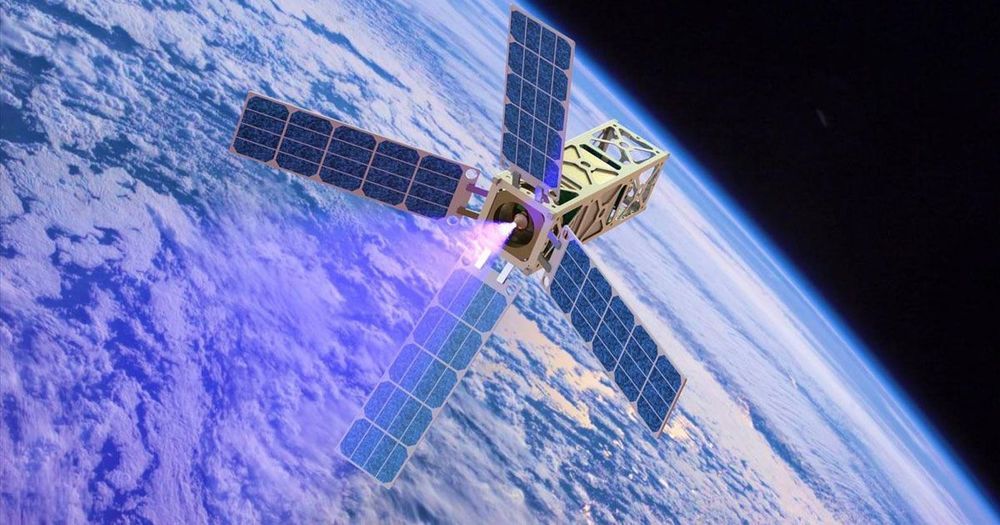NASA has announced 19 technology partnerships between the agency’s many spaceflight centers and 13 companies, including SpaceX, Blue Origin, and more. This round of Space Act Agreements (SAAs) shows a heavy focus on technologies and concepts that could benefit exploration of the Moon and deep space more generally, including lunar landers, food production, reusable rockets, and more.
Put simply, all 19 awards are great and will hopefully result in tangible products and benefits, but SpaceX has a track record of achievement on the cutting edge of aerospace that simply has not been touched over the last decade. As such, the company’s two SAAs are some of the most interesting and telling, both ultimately focused on enabling Starship launches to and landings on the Moon and any number of other destinations in the solar system. Perhaps most importantly, it signals a small but growing sect within NASA that is willing and eager to acknowledge Starship’s existence and actively work with SpaceX to both bring it to life and further spaceflight technology in general.
One agreement focuses specifically on “vertically land[ing] large rockets on the Moon”, while the other more generally seeks to “advance technology needed to transfer propellant in orbit”, a feature that Starship’s utility would be crippled without. In this particular round of SAAs, they will be “non-reimbursable” – bureaucratic-speak for a collaboration where both sides pay their own way and no money is exchanged. SpaceX’s wins ultimately show that, although NASA proper all but refuses to acknowledge Starship, the many internal centers it is nothing without are increasingly happy to extend olive branches towards the company and its ambitious next-generation rocket.







